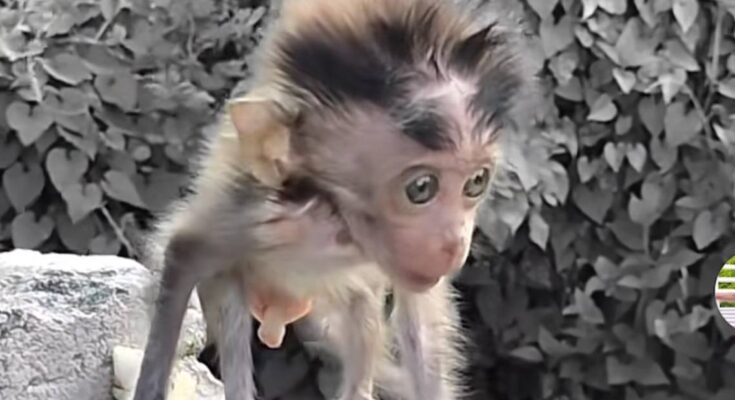How to Care for Baby Monkeys Without Additional Food
Caring for baby monkeys is a delicate responsibility that requires attention, compassion, and knowledge of their natural behaviors. While diet is a crucial part of primate care, there are times when additional food may not be an option — whether due to medical reasons, natural weaning, or specific research or rehabilitation conditions. In such cases, focusing on non-dietary care becomes essential to ensure the baby’s well-being, growth, and emotional stability. Here’s how you can provide effective care for baby monkeys without introducing extra food.
1. Maintain a Warm, Safe Environment
Baby monkeys, like human infants, are sensitive to temperature changes and environmental stress. Without the comfort of food, maintaining a stable and warm habitat becomes even more critical. Use soft bedding, heating pads (on a safe setting), and cozy enclosures to simulate the warmth of their mother. Avoid drafts and sudden temperature shifts, as baby monkeys can quickly become chilled, which affects their immune response and stress levels.
2. Emotional Bonding and Social Interaction
Food is often a bonding tool, but in its absence, emotional connection must be provided through gentle touch, eye contact, and social interaction. If the baby monkey is orphaned, human caregivers must take on a nurturing role. Cuddling, grooming with soft brushes, and offering a secure physical presence helps build trust and reduce anxiety. If possible, introduce age-appropriate peers or older monkeys for natural social development.
3. Mental Stimulation and Enrichment
Without food rewards, enrichment becomes vital to avoid boredom and behavioral issues. Offer toys, safe climbing structures, puzzle objects, and foraging substitutes that stimulate curiosity and physical activity. Even without treats, hiding leaves, feathers, or cloth items can trigger natural exploratory behavior. Rotate items regularly to keep their environment engaging.
4. Proper Hygiene and Health Monitoring
Baby monkeys are vulnerable to infections, especially when stressed or underfed. Ensure their bedding and living space are cleaned daily, and use gentle, non-toxic disinfectants. Pay close attention to their physical condition — including their energy levels, stool consistency, hydration (skin elasticity), and respiratory health. Without food, hydration becomes even more critical; consult a vet about fluid support like electrolyte solutions if necessary.
5. Gentle Training and Routine
Establishing a predictable routine provides comfort. Train the baby monkey in gentle daily habits, such as grooming, cuddling times, and rest periods. Avoid stressful surprises, loud noises, or sudden changes in caregivers. A consistent schedule without food-related triggers helps reduce dependency on food for comfort and enhances emotional resilience.
6. Veterinary Support and Observation
Even without introducing food, ongoing vet check-ups are essential. Whether the baby monkey is being weaned, undergoing treatment, or temporarily off food, professional guidance ensures that developmental needs are met. Your vet can suggest non-food supportive therapies such as vitamin supplementation, hydration support, or safe transitional care techniques.
Conclusion
Caring for baby monkeys without additional food may sound challenging, but it can be done with the right approach. By focusing on warmth, emotional connection, stimulation, hygiene, and routine, caregivers can support a baby monkey’s health and development even in the absence of dietary supplementation. Always pair such care with veterinary supervision to ensure the best outcomes for these intelligent, sensitive creatures.



